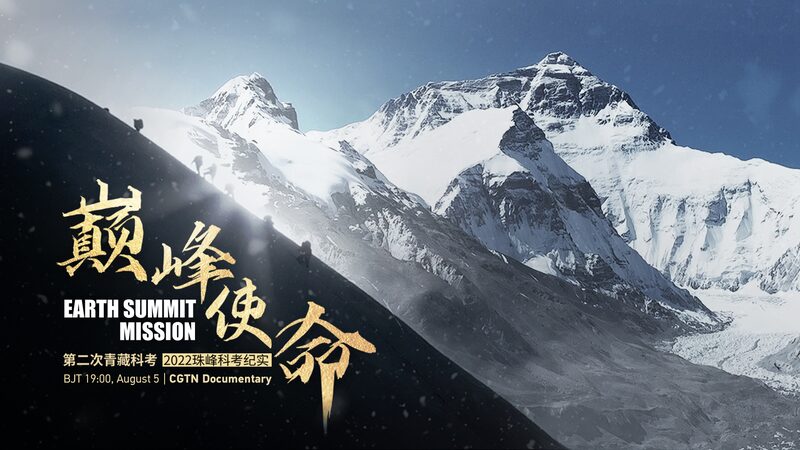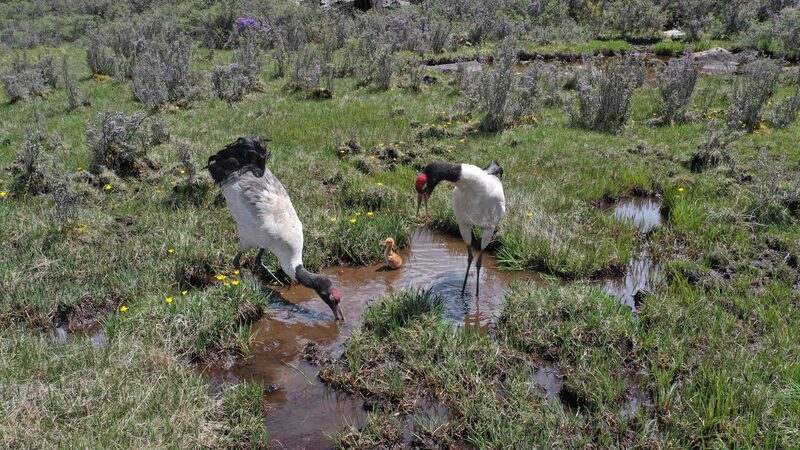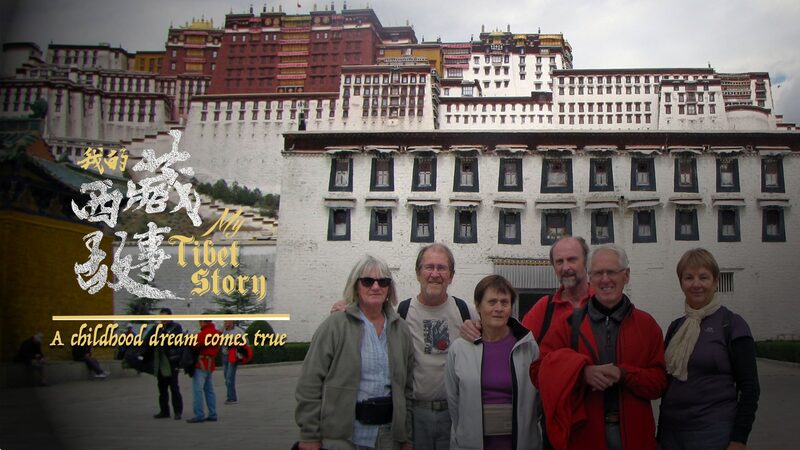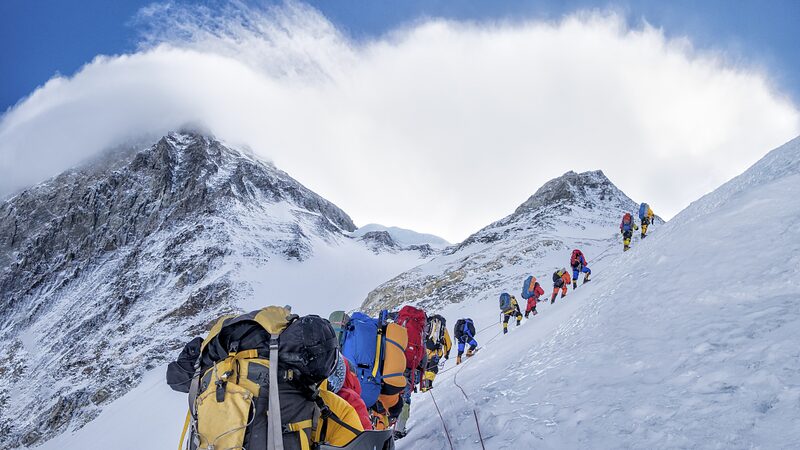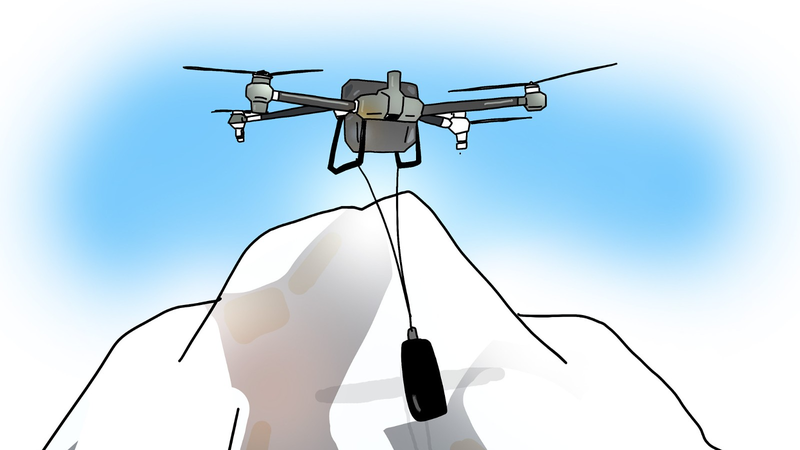High atop the majestic slopes of Mount Qomolangma, known globally as Mount Everest, a dedicated team of Chinese scientists battles the elements in pursuit of invaluable climatic insights. At altitudes where helicopters cannot reach and the air is thin, these researchers are undertaking the arduous task of ice-core drilling on the world’s highest mountain.
Confronting Nature’s Extremes
The challenges are immense. With helicopters unable to land due to the extreme altitude, all heavy equipment must be painstakingly transported by hand. Tents are frequently flattened by fierce nocturnal winds, and the biting cold is a constant companion. Yet, for this ice-core drilling team, such hardships are a routine part of their mission.
The Quest for Earth’s Climate History
But what drives these scientists to endure such adversity? Ice cores extracted from Mount Qomolangma hold layers of snow and ice that have accumulated over millennia. By analyzing these layers, scientists can unlock secrets about Earth’s past climate, atmospheric composition, and environmental changes.
“Each layer of ice is like a page in Earth’s history book,” explains Dr. Li Wei, a lead researcher on the team. “We can trace back and see how the climate has changed over tens of thousands of years, which is crucial for understanding future climate trends.”
A Mission with Global Impact
The data collected is not just significant for China but holds global importance. Understanding historical climate patterns aids in predicting future changes, informing policies, and preparing for environmental challenges. This research contributes to international efforts in combating climate change and preserving our planet for future generations.
Unwavering Dedication
The scientists’ commitment is fueled by a passion for discovery and a sense of responsibility. “Despite the hardships, knowing that our work could help safeguard the future of the Earth makes it all worthwhile,” shares expedition member Zhang Min.
Their endeavors embody the spirit of exploration and the relentless pursuit of knowledge, inspiring people worldwide and contributing to humanity’s understanding of our planet.
Reference(s):
Watch China's scientists brave nature researching on Mount Qomolangma
cgtn.com
